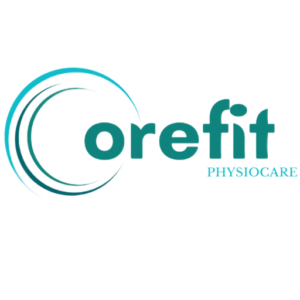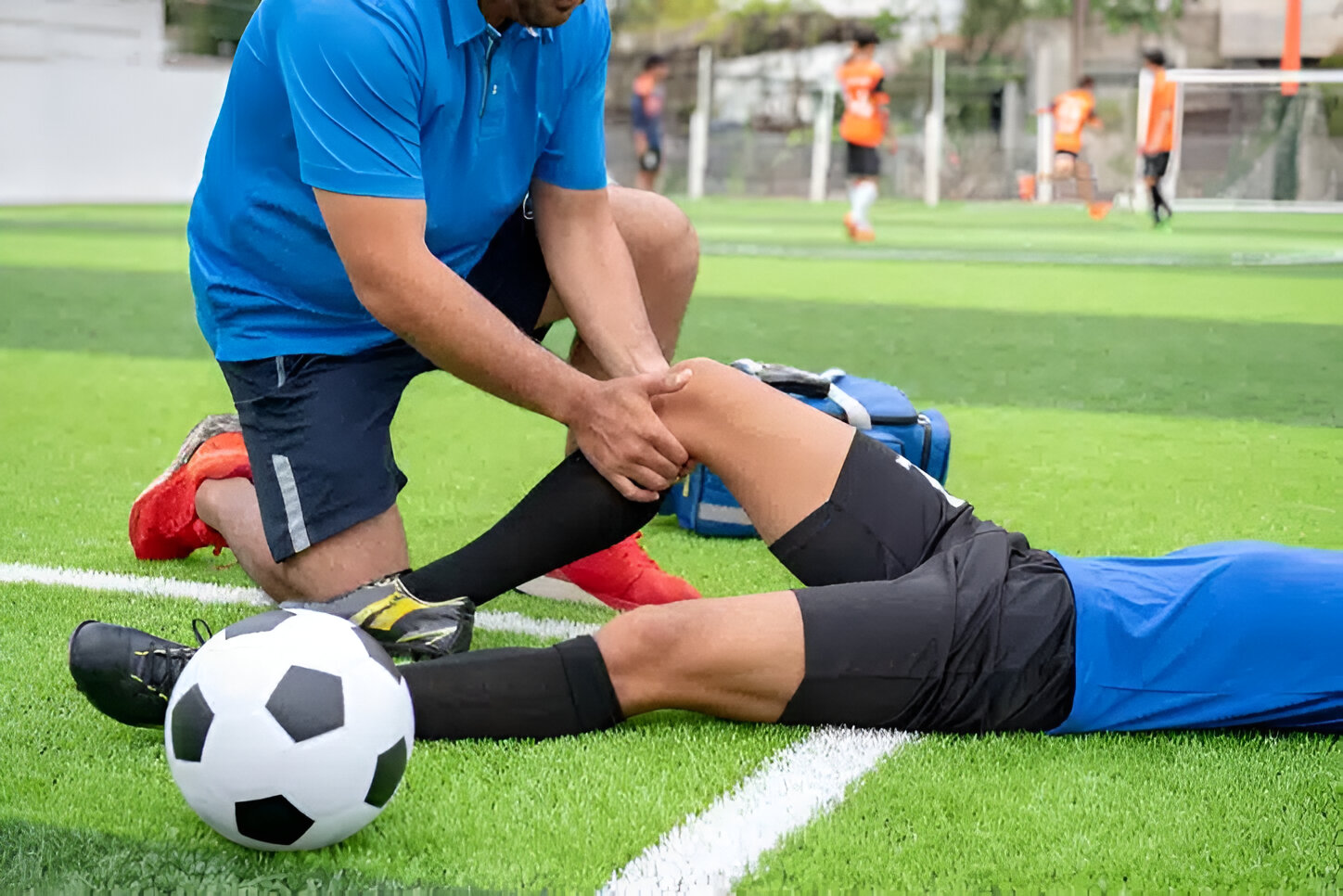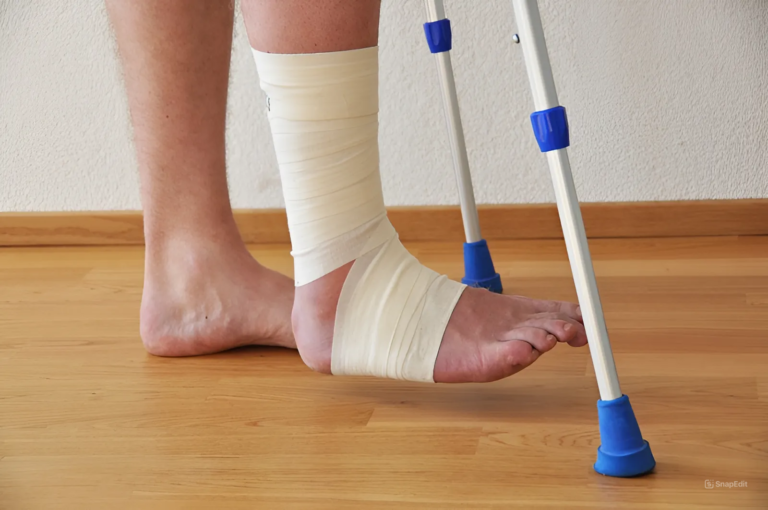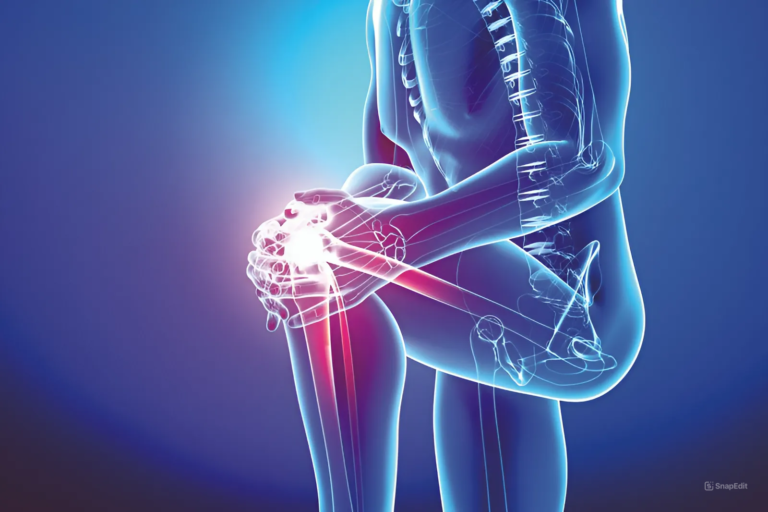How Sports Physiotherapy Helps Athletes Bounce Back from Injuries Faster?
In the world of sports, athletes constantly push their bodies to the limit, testing their endurance, strength, and skill. However, this rigorous physical activity also comes with the risk of injuries that can sideline even the most seasoned professionals. For athletes, time is of the essence when it comes to recovering from injuries, and this is where sports physiotherapy plays a crucial role. Sports physiotherapy helps athletes bounce back from injuries faster by providing personalized treatment plans, utilizing advanced rehabilitation techniques, and preventing future injuries.
In this blog, we’ll explore the key ways in which sports physiotherapy speeds up recovery, improves performance, and keeps athletes in top form.
- Personalized Injury Assessment and Treatment
One of the primary reasons athletes recover more quickly with the help of sports physiotherapy is the personalized approach to injury management. Every athlete’s body is unique, and so is the nature of their injury. Sports physiotherapists assess the extent and type of injury, consider the athlete’s fitness level, and create a tailored treatment plan.
This personalized approach ensures that the treatment focuses on the specific muscles, joints, or ligaments affected by the injury, avoiding generic or ineffective methods. The physiotherapist works closely with the athlete to monitor their progress and adjust the treatment plan as needed, resulting in a more efficient recovery process.
- Rehabilitation Techniques to Restore Functionality
Sports physiotherapy incorporates a variety of rehabilitation techniques that aim to restore normal movement, strength, and flexibility in the injured area. Some of the most commonly used techniques include:
- Manual Therapy: This involves hands-on techniques such as joint mobilization, soft tissue massage, and stretching to reduce pain, improve circulation, and restore mobility.
- Exercise Therapy: Custom exercises are prescribed to gradually strengthen the injured muscles or joints. These exercises help rebuild muscle strength and improve balance and coordination, which are critical for regaining functionality.
By focusing on regaining functionality through targeted rehabilitation, athletes can resume their activities sooner and perform at their previous levels without fear of re-injury.
- Faster Pain Relief and Inflammation Reduction
Injuries often come with inflammation and pain, both of which can significantly slow down the healing process. Sports physiotherapists are trained in techniques that can effectively reduce these symptoms, allowing athletes to focus on rehabilitation without being hindered by discomfort.
Cryotherapy (cold therapy) and heat therapy are commonly used in the initial stages of injury to reduce swelling and inflammation. Once the acute phase of the injury has passed, sports physiotherapists employ other treatments such as manual therapy or acupuncture to alleviate pain and restore range of motion. Pain relief is critical to allowing athletes to engage in rehabilitation exercises, which are essential for speeding up recovery.
- Focused Strength and Flexibility Training
One of the main goals of sports physiotherapy is to help athletes regain the strength and flexibility they had before the injury. Physiotherapists design exercise programs that are carefully structured to target the specific muscle groups affected by the injury. This focused training not only accelerates recovery but also ensures that the athlete’s body is prepared for the demands of their sport once they return.
Strength and flexibility training, along with functional movement drills, also help correct any imbalances or weaknesses that may have contributed to the injury in the first place. By addressing these underlying issues, sports physiotherapy ensures athletes can return to their sport in optimal condition and reduces the risk of future injuries.
- Injury Prevention Education
While treating an existing injury is a key aspect of sports physiotherapy, prevention is just as important. Sports physiotherapists educate athletes about proper techniques, body mechanics, and warm-up routines to prevent the same injury from recurring. They may also recommend modifications to the athlete’s training regimen or equipment to reduce strain on vulnerable areas of the body.
By empowering athletes with knowledge about injury prevention, sports physiotherapy not only speeds up recovery but also helps them stay injury-free in the long run.
- Psychological Support and Motivation
Recovering from an injury can be mentally challenging for athletes. The frustration of being sidelined, coupled with the fear of not returning to peak performance, can take a toll on an athlete’s mental well-being. Sports physiotherapists provide valuable psychological support throughout the recovery process.
They work closely with athletes to set realistic goals, track progress, and offer encouragement. This positive reinforcement helps athletes stay motivated and committed to their recovery plan. The combination of mental and physical support can significantly shorten the recovery timeline by keeping the athlete focused and engaged in the rehabilitation process.
- Sport-Specific Rehabilitation
Another advantage of sports physiotherapy is its focus on sport-specific rehabilitation. Depending on the athlete’s sport, the injury rehabilitation process may differ significantly. For example, a runner recovering from a hamstring injury will need a different treatment approach compared to a basketball player recovering from a knee injury.
Sports physiotherapists take the specific demands of the athlete’s sport into consideration when designing a treatment plan. This ensures that not only are the injured areas treated, but the entire body is prepared to handle the unique stresses and movements required by the sport. Sport-specific rehabilitation also helps athletes return to competition faster and more safely.
- Holistic Approach to Recovery
Sports physiotherapy doesn’t just treat the injury in isolation; it takes a holistic approach to recovery. Physiotherapists assess the athlete’s overall physical condition, identifying any weaknesses or imbalances that could hinder recovery or lead to future injuries. They may recommend lifestyle changes, such as improving nutrition, sleep patterns, or hydration habits, to support the body’s natural healing process.
This comprehensive approach ensures that the athlete’s entire body is in optimal condition for recovery and return to play, which ultimately reduces the recovery time and enhances performance.
Conclusion
Sports physiotherapy plays a critical role in helping athletes recover from injuries faster by offering personalized treatment plans, advanced rehabilitation techniques, and injury prevention strategies. By addressing both the physical and psychological aspects of recovery, sports physiotherapists ensure that athletes not only heal quickly but return to their sport stronger and more resilient than before.
Whether you’re a professional athlete or a weekend warrior, sports physiotherapy can provide the support you need to recover efficiently and get back to doing what you love. With the right guidance and care, athletes can bounce back from injuries and continue to perform at their best.







